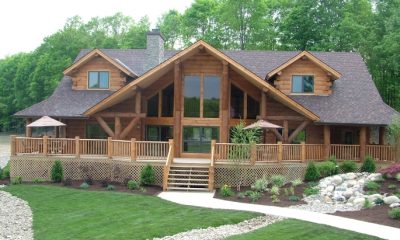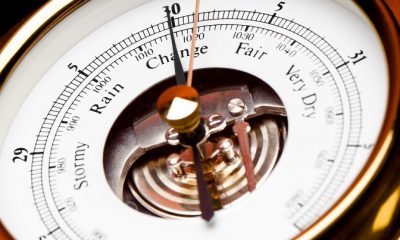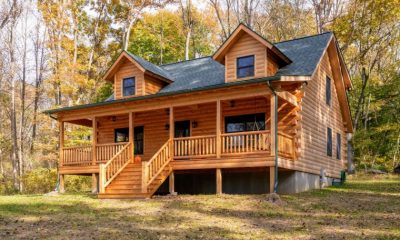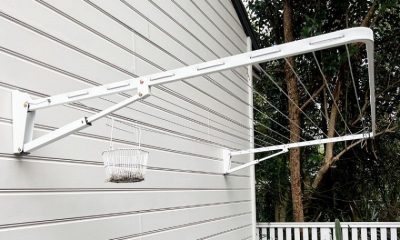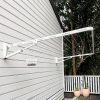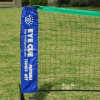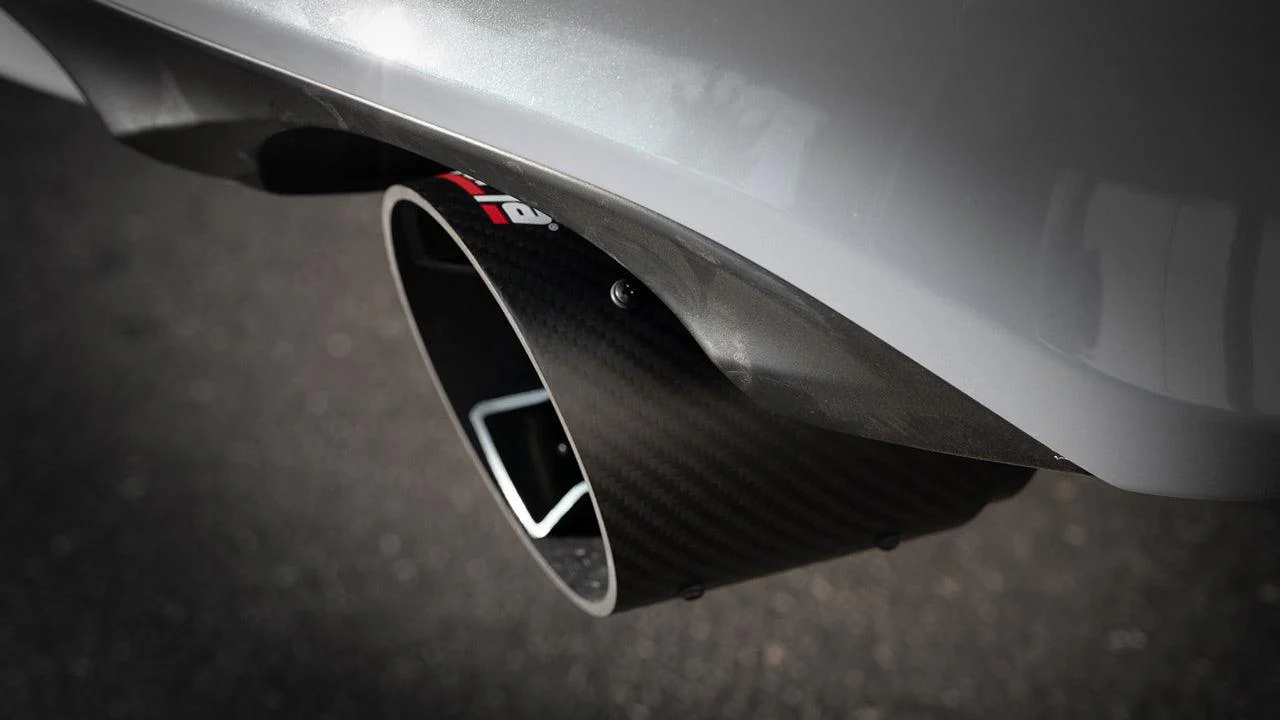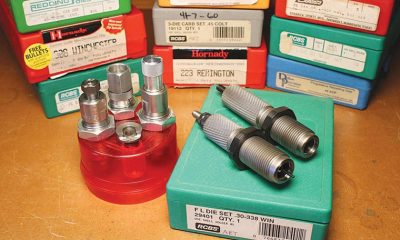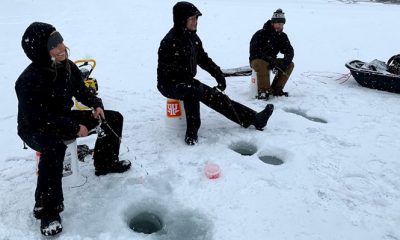House & Garden
The Different Types of Pool Heat Pumps and Their Distinct Benefits
Even though we’re lucky enough to have mostly a warm climate in Australia, there are still a few months throughout the year where it gets a bit chilly and we can’t use our swimming pools. If you’re looking to extend your swimming season, or you simply enjoy having warmer water in your swimming pool, then you might want to consider getting a heat pump.
When buying a brand new swimming pool heat pump, you’ll have to consider its strength and the amount of energy it consumes when operating. Typically, swimming pool heat pumps are powered either by gas, electricity or solar power. There’s no right or wrong choice as this mainly depends on your personal preferences.
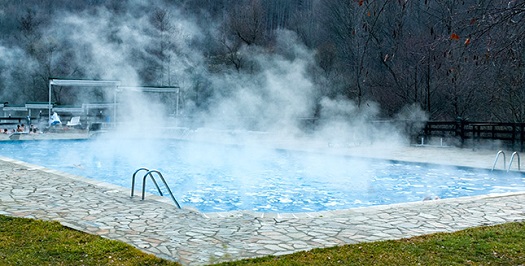
Electric Pool Heat Pumps
Electric pool heat pumps operate similarly to electric hot water tanks. They heat a coil, which then heats the water. The heating process is relatively slow but they’re very consistent, and you don’t have to worry about running out of energy like you would with gas pool heat pumps. However, they typically have a higher price tag, but it all evens out in the long run because they last for a very long time and are energy-efficient.
Gas Pool Heat Pumps
These are a very popular solution simply because they’re capable of heating up even large pools rather quickly. Most models run on natural gas, which is piped in from the utility company, but there are also propane-fueled models for those who don’t have access to natural gas. Gas heat pumps are great at maintaining the temperature even if the air temperature shifts, but they can use a lot of gas in order to do this in cold weather. There are three popular types of gas heaters: convection, tank and coil gas pool heaters. Coil gas pool heaters are the most commonly used type for bigger swimming pools and spas, while convection and tank heating pumps are better for smaller pools and spas.
Solar Pool Heat Pumps
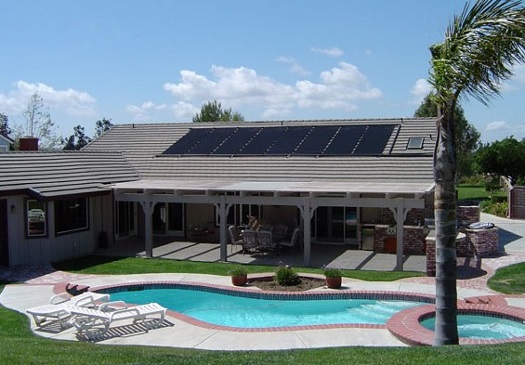
Solar pool heaters are rapidly growing in popularity, simply due to the fact that solar energy is very cheap. However, the setup for these heaters can cost up to several thousands of dollars. Moreover, you’ll have to consider the location of the pool in relation to the sun. Luckily, outdoor solar heaters are easier and cheaper to install than those meant for indoor use. Additionally, they require little to no maintenance once they’re installed and are ready to go.
Writing for the blog since 2012, Chris simply loves the idea of providing people with useful info on business, technology, vehicles, industry, sports and travel – all subjects of his interest. Even though he sounds like quite the butch, he’d watch a chick flick occasionally if it makes the wife happy, and he’s a fan of skincare routines though you’d never have him admit that unless you compliment his impeccable skin complexion.

